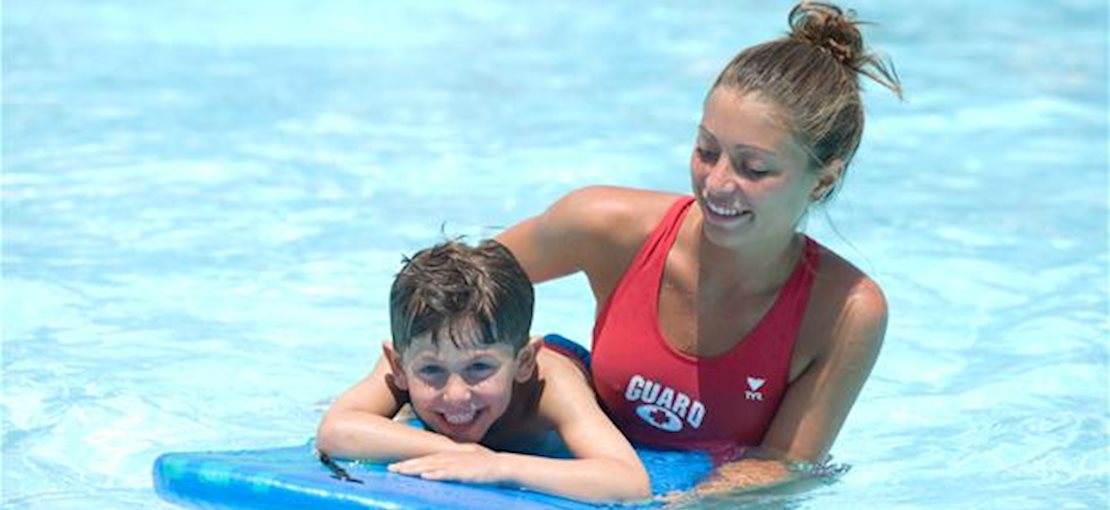When you are searching for a summer camp for your child, there are certain pieces of information you should find out in order to make an informed decision. Whether you speak to the camp director in person or by phone, the American Camp Association, New York and New Jersey recommends asking at least these ten questions to help you better understand what a particular summer camp is about.
- What is your camp’s mission and philosophy? – Can the director easily explain the camp’s mission statement? Each camp is unique, and provides unique programming and approaches. Ask the director about the type of child that is a successful participant in their program. Renee Flax, Director of Camper Placement for the American Camp Association, New York and New Jersey says, “Knowing your child’s personality and learning style, along with considering carefully whether or not the camp’s philosophy matches your own philosophy, are valuable in selecting the right camp.”
- What is your camp’s program? –Are you looking for a traditional well-rounded experience or a specialty program? Think about what activities are must have’s for your child.How long is each activity?How many electives do the children get and what kind of help do they receive in choosing them? Inquire about how long each activity is.
- What type of training and education does the director have? - The American Camp Association recommends directors possess a bachelor's degree, have completed in-service training within the past three years, and have at least sixteen weeks of camp administrative experience before assuming the responsibilities of director.
- What are the enrollment options- What is the length of the program offered? Is there flexibility? What is the length of the day? Is transportation available?
- What is the staff composition? –Ask who is caring for your child? Ask about the age of the staff, their experience, pre-season and on-going staff trainings, background checks, the interview process, camper to staff ratios and supervision in cabins and for various activities. At a minimum, camp staff should be trained in safety regulations, emergency procedures and communication, behavior management techniques, child abuse prevention, appropriate staff and camper behavior, and specific procedures for supervision.
- What percentage of the campers return each year? While every camp is clearly not right for every child, a large number of returning campers usually indicates a high level of satisfaction with the camp’s programming and operation.
- What are the safety procedures? - Ask about the safety measures that are in place. These can include inquiring about medical personnel on property, emergency plans, staff screening procedures, and instructor qualifications.
- Is your camp accredited?-Find out if the program follows a nationally known accreditation process and if the camp is inspected each summer by the Department of Health. The ACA is the only national organization which establishes uniform standards for reviewing camps. Ask if the program has chosen to participate.
- Sensitivity to Camper Needs – If your child has special requirements, such as food allergies, religious obligations, ADD, etc, ask how the camp handles special considerations.“Most importantly, parents should be honest and upfront about their child’s special needs.Parents want to be certain that the camp is able to meet their child’s needs,” says Renee Flax.
- Ask for references from the camp - Parents shouldn’t be afraid to ask for references. This is generally one of the best ways to check a camp's reputation and service record. Ask other parents about the experiences of their children at the camp and whether their child is returning to camp.
For assistance in finding the right summer camp, visit American Camp Association, NY and NJ’s camp website www.searchforacamp.org to register for a free, customized list of camps based on your child’s needs. You may also call the ACA, NY and NJ camper placement specialist Renee Flax for free, one-on-one advice in finding a camp at 212.391.5208.






Add A Comment
Thank you for your comment.
Sorry! There was a problem with your comment submission. Please try again.
Comment
Allowed HTML: <b>, <i>, <u>, <a>
Comments
Thank you for your comment.
Sorry! There was a problem with your comment submission. Please try again.
Thank you for your comment.
Sorry! There was a problem with your comment submission. Please try again.